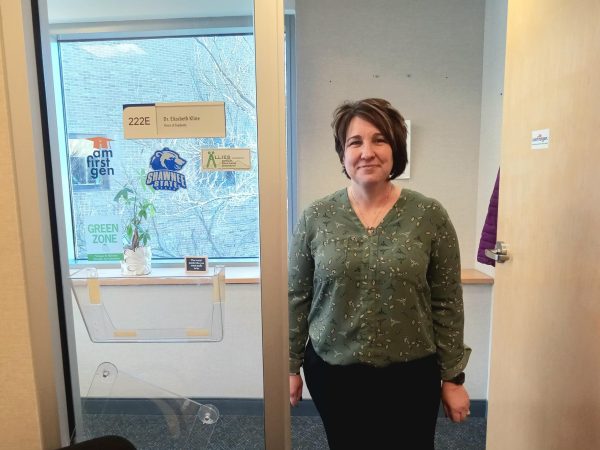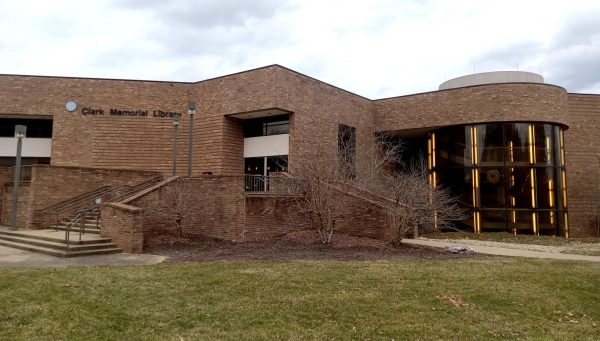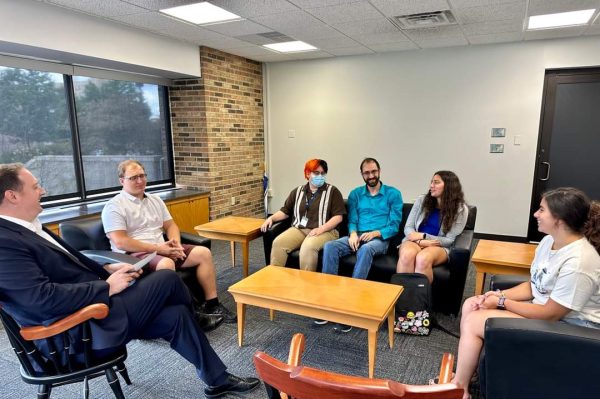Academic Burnout in College Students
November 19, 2021
Academic burnout is a mental health issue that can have severe effects on college students and that can be caused by the overwhelming amount of stress that college students face. Many students experience burnout but fail to address the issue and push themselves further, which, in turn, causes exasperated symptoms and worsened physical and mental conditions.
Academic burnout can be defined as chronic stress that leaves students drained and apathetic, and it can take a severe toll. According to Daphne Norez, who wrote her Master of Science thesis on college burnout, burnout can lead to “dissatisfaction with work and with life in general…impacts the individual’s ability to remain motivated, engaged and productive… and [students who are burnt out] are prone to feelings of failure and depression.”
In addition to these mental symptoms, it can also cause physical symptoms such as “sleep disorders, elevated levels of inflammation biomarkers, metabolic syndrome (high blood pressure, high blood sugar, excess body fat around the waist and abnormal cholesterol or triglycerides), cardiovascular disease, diabetes, and neurodegeneration.”
Some of the warning signs of burnout include feeling exhausted, less enthusiasm about school, a decline in academic abilities, increased irritability or anger, increased anxiety. Physical signs can include symptoms such as fatigue, headaches, and stomachaches. If students notice these signs, then they should assess their mental health and make changes to accommodate their needs.
In order to avoid burnout, students can take several steps to help maintain their stress levels. Students should evaluate how they are managing their time and how successfully they are accomplishing tasks. Adjusting their schedule based on this evaluation will help students plan their weeks and days, thus making the completion of tasks seem less overwhelming. Students should consider how realistic their expectations are for themselves academically and regarding time management. In addition, students can practice self-care by recognizing their mental and physical needs. They should give themselves time to relax and to address the needs that they have recognized.
Students should stay or get engaged in extracurricular activities that are based on a topic they are passionate about. For example, student organizations offer interpersonal interaction in addition to an engaging and exploratory experience relating to academic or personal interests. It can also be beneficial to establish a study space that is free from distractions and that is both clean and organized.
One of the most important things to do is to learn to say “no.” As a student, aspects of family, work, academics, and social commitments can begin to overlap. To not feel overwhelmed, students must set boundaries and reduce their commitments if necessary. Students should reevaluate what is important to them and what is manageable to accomplish. Sorting tasks based on importance can help students feel more balanced and accomplish more tasks. It is also incredibly beneficial to reach out to peers, advisors, instructors, or other support systems. These people can help students break down large projects into smaller tasks, as well as help them create a reasonable and realistic time management plan.
If students are already experiencing burnout, they should change one or more aspects of their study or homework habits. In practical terms, students can change the time of day that they study, choose a new location for study, or listen to different music while completing their homework.
Regarding Shawnee State University and its students, if they are feeling chronically burnt out, there are resources to help. At any time of the day or day of the week, students can call the number (740) 351-3608 to speak with a licensed counselor. Students can also visit Hatcher Hall to inquire about long-term counseling or further support, as well as the medical treatment of physical symptoms. Students can also reach out to the Student Success Center for advising inquiries or to help edit their schedules and plan for a more manageable course load in the future.






